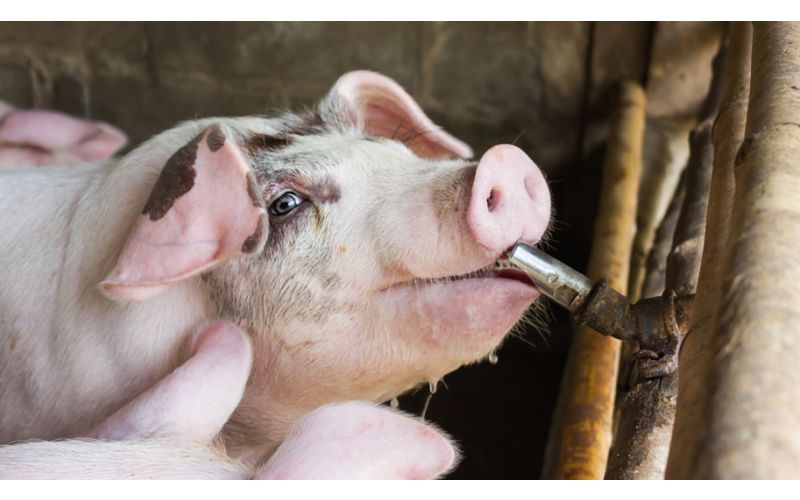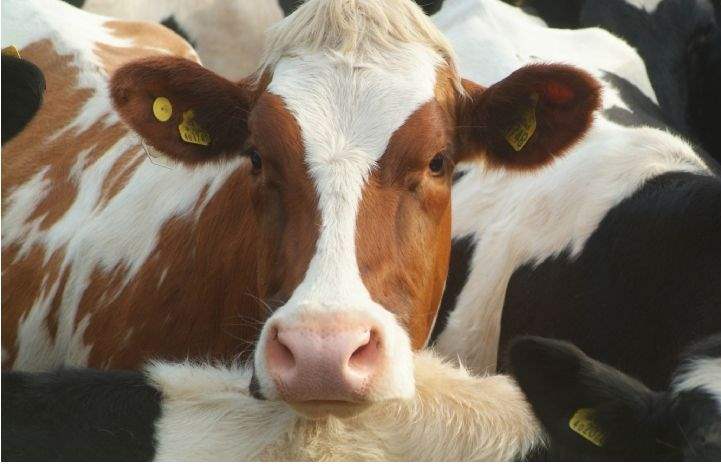Safeguarding Agricultural Health: The Importance of Farm Biosecurity
May 24, 2023
In today’s fast-changing world and where agriculture has an essential role in the sustainability of humans, safeguarding the quality and health of farms is more important than ever. Biosecurity in the farm is a proactive and vital method of protecting agriculture from threats from pests, diseases as well as other risks from biological sources. This article focuses on the significance of biosecurity in farming and examines what measures farmers can adopt to ensure their incomes.
Biosecurity in the farm is a broad practice that are designed to reduce, identify the risk, and control it to biological risks. The risks can be a variety of plants, pests, and diseases to livestock invasive species as well as pathogens. Through biosecurity farms seek to limit the spread and introduction of harmful microorganisms on their farms and ultimately protect their livestock, crops, as well as the wider agricultural community.
Prevention is at the heart of biosecurity in the farm. Farmers should take steps to prevent the chance of spreading biological dangers onto their property. This includes implementing rigorous biosecurity procedures for guests or equipment as well as vehicles that enter the farms. Using proper hygiene procedures like hand washing and disinfection can help reduce transmission of pathogens. Furthermore, ensuring responsible source of seeds, plants as well as animals, as well as securing newly arrived animals, will assist in the identification and management of the risk of infection.

The infrastructure that is built into the farm animal nutrition malaysia could significantly impact the biosecurity of the farm. A well-planned layout and design of the farm could reduce the risk of disease and pest incursions. Fences and barriers act as a physical barrier against unauthorized access, and can decrease the chance of animals and wildlife transmitting diseases to the farm. Also, the establishment of buffer zones between various zones of production and farms could help to prevent transmission of pathogens via cross-contamination.
The early detection of disease is essential in ensuring the proper management of disease on farms. Regularly monitoring programs allow farmers to recognize and react immediately to threats. Inspecting animals and plants for symptoms of illness or anomalies that may be related to change in growth patterns or behaviors, will assist in the detection of diseases before they propagate. Early reporting of symptoms that are suspicious to appropriate agencies or extension services for agriculture aids in the diagnosis of diseases and the appropriate measures to control it.
Biosecurity in the farm requires a collaborative collaboration that includes not only farmers, but also the farm’s workers suppliers, farm workers, as well as other parties. Offering education and instruction regarding biosecurity best practices is crucial in order to make sure everyone understands their role and responsibility to ensure a safe setting. This entails imparting information about proper hygiene practices, disease recognition, and implementation of biosecurity procedures. The training programs will empower people to be proactive guardians of agriculture’s health.